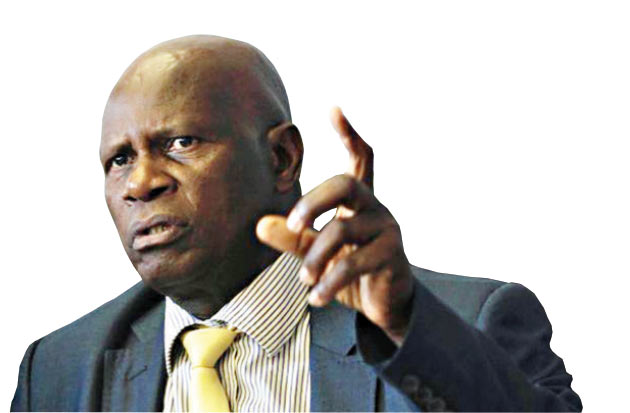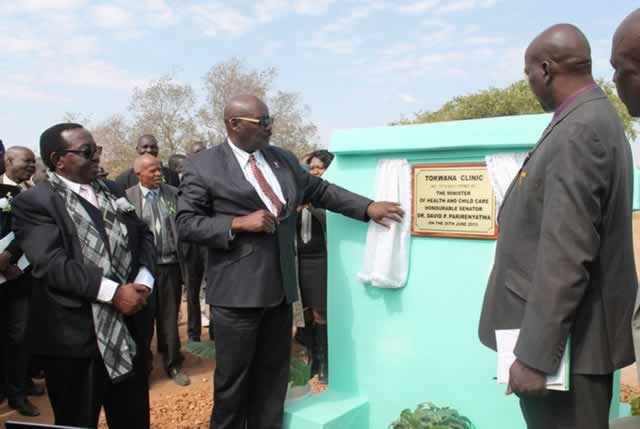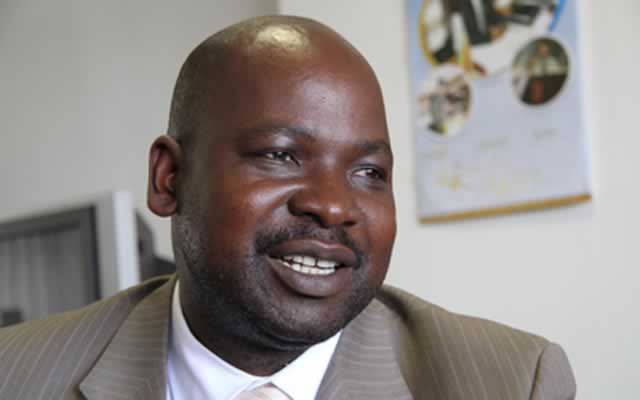Editorial Comment: Let’s build brand Zimbabwe together

NOBODY can dismiss Zimbabwe’s potential to develop a robust economy and create more jobs.
Politics aside, we are increasingly seeing more positive engagements between the government and different interested parties in both private and public spheres, on serious economic matters.
Having followed recent business and economic forums held across the country, it is encouraging that policy makers, industry players and support organisations including the opposition, seem to have found each other.
Everybody now agrees the time for Zimbabwe to progress is now and we applaud this spirit of unity of purpose towards a common cause.
Certain interesting highlights were noted during the just-ended Buy Local Summit and the Zimbabwe National Chamber of Commerce conferences, which were buttressed by Parliament this week.
One of these is the realisation that the country could be going through a dark patch of its economic history but is certainly on course towards achieving a quick turnaround.
But one major barricade, besides lack of funding, the country has the necessary resources, skilled professionals and a sound policy guideline in the form of the Zimbabwe Agenda for Sustainable Socio-Economic Transformation, is the general scourge of pessimism and of negativity about progress made so far.
Analysts have observed the need to develop a national brand in the form of a positive image that we need to collectively appreciate as locals and project to the outside world.
It would seem Zimbabwe is engaged in a fierce “war of perception” than ever as Reserve Bank of Zimbabwe Governor John Mangudya would put it. Of course not everything is smooth for now, but there are numerous breakthroughs that the country has made that we need to celebrate. It is not all gloomy.
We agree with Finance Minister Patrick Chinamasa who this week said continued negativity about ourselves increases the country risk factor.
The minister told Parliament that the high interest rates charged by banks, challenges of securing long term funding and foreign direct investment were largely about perceptions.
“Any negative statements about our situation, whether economically or politically, sends negative signals abroad that we’re at war and that affects the outside perception,” said Minister Chinamasa.
“It’s very important that when we talk about our situation and our economic development, we mustn’t politicise every issue. We must learn to treat all the factors objectively, all the factors that we discuss.”
Surely with bank interest rates pegged at 49 percent and up to 80 percent for foreign borrowing, the country cannot progress and who can afford to pay back such strange mark ups?
This happens because banks and investors think Zimbabwe is a risky country and we all know this is an unsubstantiated allegation, said Minister Chinamasa.
Attracting more business in economic sectors such as tourism and manufacturing is more dependent on positive imaging than anything else.
We need to expose corruption, mismanagement and mediocre performance but that does not warrant demonising our beloved country.
The problem with propagating negativity is that it gives the international community a false picture about the country and even scares away those who want to work with us.
It has to be recalled that the imposition of illegal sanctions on Zimbabwe at the turn of the millennium over the land reform programme, was a result of nothing more than negative publicity about a noble programme.
Transformation strategist and business coaching expert Zwelibanzi Ndlovu said during the Buy Local Summit last week that the headache over the influx of cheap imports was linked to the perception problem.
He said most people stampede for foreign products at the expense of local ones because they think “everything foreign is superior”.
The government is working flat out to address those factors that make our country risk high.
Some of the factors include the high debt burden to external borrowers, which explains the ongoing re-engagement with international creditors- the World Bank and the IMF.
“Some of the measures we’re taking are basically to open dialogue with members of the opposition so that we don’t speak negatively about ourselves,” said Minister Chinamasa.











Comments